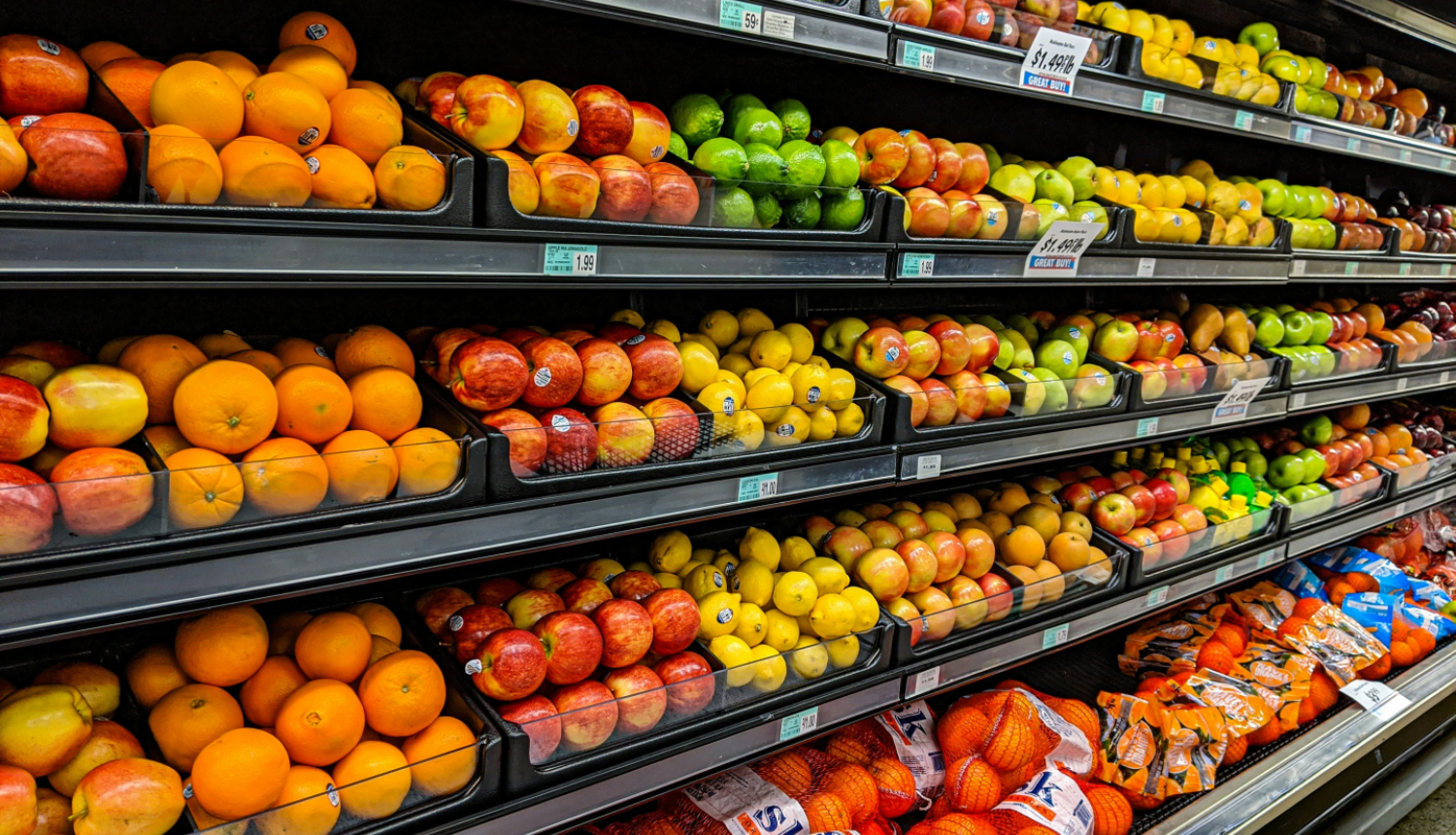At the Cabinet of Ministers meeting on January 14, the first draft law prepared by the Ministry of Economics (EM) was approved—amendments to the Unfair Retail Trade Practices Prohibition Law. These amendments incorporate several proposals by Minister of Economics Viktors Valainis aimed at reducing food prices. The draft law seeks to eliminate discriminatory practices in food retail pricing between domestically and foreign-produced food products and promote fair trade practices and equal competition in the food retail market.
"Latvian producers and farmers are the backbone of our economy, and we must ensure they have fair playing conditions in retail," stated Minister Valainis. "Today, local producers in Latvia often face unjust treatment—stores apply different markups and charge for services that foreign suppliers are not required to pay. This practice is unacceptable, and we will change it," he emphasized.
Valainis further noted that equal treatment of local and foreign producers is not only an economic matter but also a question of national dignity. "Latvian products deserve to be valued as highly as imported goods. Our farmers and producers deserve not only recognition but also appreciation for their hard work," he said.
The amendments to the law will require retailers to ensure equal and non-discriminatory treatment of agricultural and food product suppliers, including markups on products from one supplier or supplier group compared to equivalent products from other suppliers. These rules will also apply to logistics charges, volume discounts, and penalties. The Competition Council will prepare guidelines to ensure a unified understanding of these rules, and a transition period will extend until July 1, 2026.
The draft law clarifies rules regarding unfair trade practices related to unilateral contract amendments, specifically unilateral changes to product assortments. Retailers will be prohibited from changing assortments without written notice to the supplier, with a notice period of no less than 30 days, or 10 days if the change is justified by non-compliance with contractual terms.
The amendments also define agricultural and food product supply forecasts and prohibit unilateral penalties for breaches of contract terms. Suppliers will no longer be obligated to maintain stock levels for quantities not agreed upon or forecasted by the retailer at least 30 days prior to delivery. Long-term order forecasts must also span at least 30 days to qualify as long-term agreements.
The law also prohibits unilateral penalties for breaches of contractual obligations, ensuring that penalties apply equally to suppliers and retailers. Both parties will be required to include balanced penalties in their agreements, aligned with their respective responsibilities. Retailers cannot impose penalties if the value of undelivered goods does not exceed 10% of the forecasted supply value, and suppliers cannot impose penalties if the value of unpurchased goods does not exceed 10% of the forecasted supply value.
Additionally, the draft law stipulates that retailers must settle payments for fresh vegetables and berries delivered at least three times a week within 20 days of delivery. This addresses current practices where agreements on longer payment terms are often forced upon suppliers.
The law also revises penalties for violations, increasing fines to 4% of the net turnover of the market participant in the previous financial year, but not less than €700. A transition period for these provisions will also extend until July 1, 2026. Currently, the penalty for unfair trade practices is among the lowest in the EU—0.2% of net turnover, but not less than €70.
In parallel, the Ministry of Economics is working on other previously announced proposals to reduce food prices. Work has begun on a draft law to regulate markup caps for daily food baskets, set minimum prices in each category of the basket, and introduce a digital price comparison tool.
Together with the Ministry of Agriculture, efforts are underway to ensure that expired food products labeled "best before" can still be sold in retail outlets. Additionally, the Ministry is collaborating with the Competition Council and the Consumer Rights Protection Center (PTAC) to explore measures to strengthen oversight and prevent excessive and prolonged discount practices in retail. It is planned that enhanced market monitoring of compliance with existing price regulation for promotional discounts will become a priority for PTAC in 2025.



